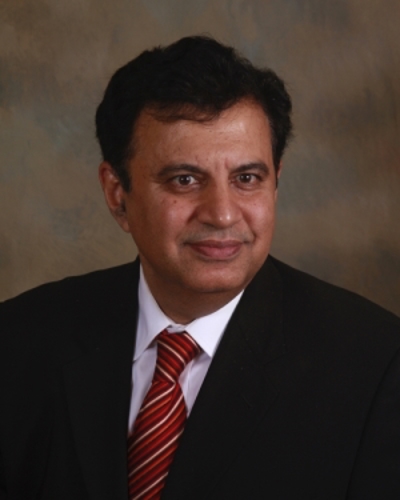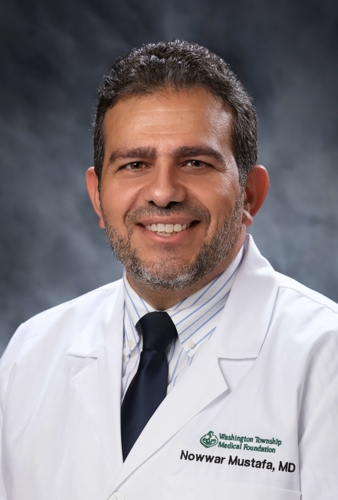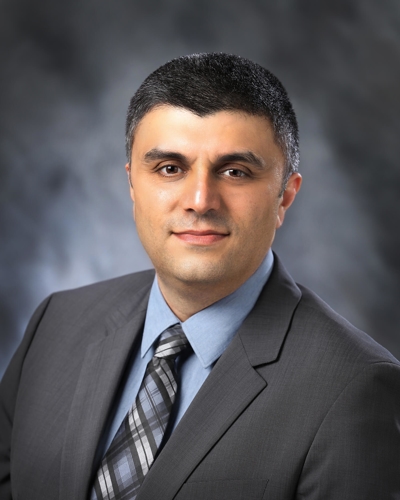
Hyperlipidemia
Treatment & Prevention of High Cholesterol
Hyperlipidemia is a common condition among American adults. In fact, 1 in 3 adults in the United States have this condition—and of those who have hyperlipidemia, just one-third has the condition under control. That is a frightening number, considering the fact that hyperlipidemia doubles your risk of developing heart disease.
This condition describes a high concentration of fats or “lipids” in the bloodstream. While this term can describe several conditions, in most cases it simply means high cholesterol / high triglycerides. In order to effectively manage hyperlipidemia, you must control your cholesterol and triglyceride intake. In many cases, statin medications must be used to manage lipid levels in the blood.
What Causes High Cholesterol / High Triglycerides?
The causes of hyperlipidemia fall under two general categories:
- Familial or “primary” hyperlipidemia, which is caused by a genetic predisposition
- Secondary hyperlipidemia, which is caused by obesity, a poor diet, lack of exercise, cigarette use, and other lifestyle factors
Cholesterol is a fat-like substance found in the body’s cells and essential for digestion and for producing hormones and vitamin D. Our bodies naturally produce the amount of cholesterol that we need. Triglycerides are a form of fat or lipid found in the blood. When we eat, excess calories not used by the body are converted to triglycerides and stored in fat cells, to be released for energy when needed.
Partnering with You to Protect Your Health
A healthy, nutritious diet coupled with an appropriate level of physical activity can prove the best strategy in the prevention or treatment of hyperlipidemia. A healthy diet that avoids excessive intake of trans fats, cholesterol, and saturated fat is important. Not all fats are “bad,” however. Incorporating fish and other sources of omega-3 fatty acids is part of a nutritious lifestyle.
Ask your doctor at Washington Health Medical Group in Fremont about lifestyle modifications that can help in treating / preventing this condition. In some cases, medications called statins may be necessary to help manage blood lipid levels.
-
Cardiology Cardiology, Cardiovascular Disease, Internal Medicine 39300 Civic Center Drive
Suite 200
Fremont, CA 94538
(510) 248-1670 More Information

.jpg)



